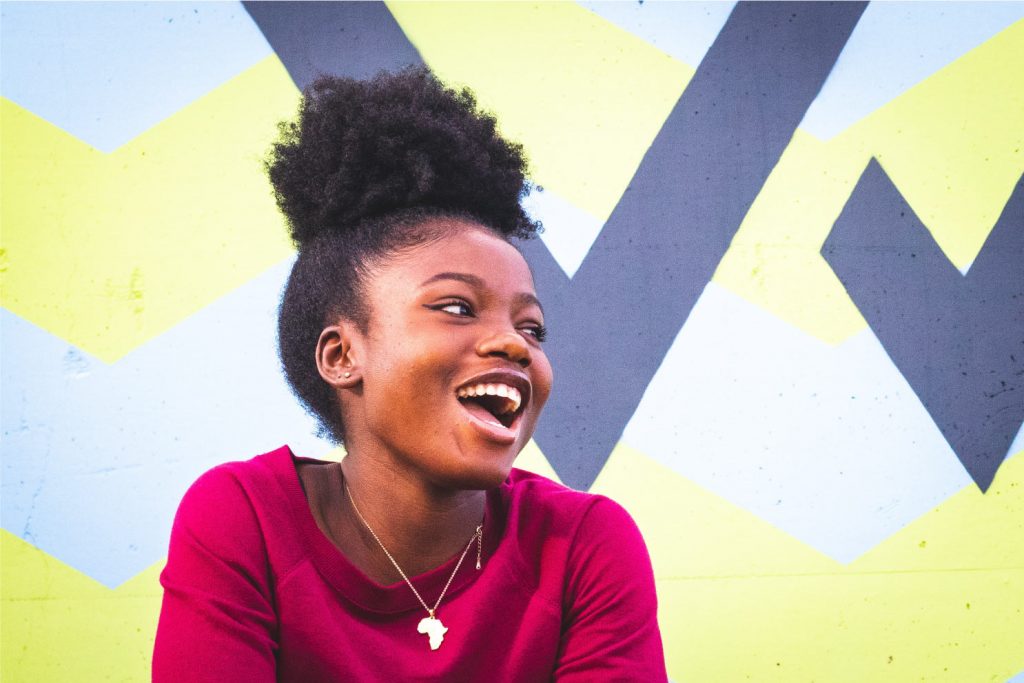All societies have important “stories or myths” that shape their cultural identity. According to Chilean biologist Isabel Behncke, like COVID-19, these stories and social ideas go viral person-to-person through language.
But what if some of these “stories or myths” are based on the prejudice of ourselves, others, and our environment?
A cultural historian and evolutionary theorist, Riane Eisler finds examples of destructive storytelling in many traditional European tales that later went viral in Latin America. Many depict humans as “evil, cruel, violent, and selfish”.
These tales arise from a dominant worldview promoted within what Eisler calls a “dominator” or “androcratic” model of society. According to his approach, androcracy has generated a common pattern that has structured part of modern Western society, giving, for example, a high priority to technologies of domination and destruction.
In these times, we are experiencing globally diverse problems at the economic, social and environmental levels: inequality, extremism and populism, global governance crisis, unlimited growth projection, ecological degradation, climate change, among others.
There is no doubt that we must transform ourselves, and that capacity for transformation is associated with the power of our interpretations, that is, the power of the stories we share as a society and as individuals.
It is necessary to retell the stories in order to explore visions of a world that allow us to relate and understand ourselves as the same species in the same system.
Indeed, mapping changing stories and myths is crucial when researching social change. Several change agents and social movements have used telling and retelling stories about the past, present and future as one of the key strategies within their overall activism.
Language has the power to shape the way we think and the way we plan for the future. This is why, as we begin to imagine the post-pandemic world, we must challenge our use of old narratives to allow new narratives to emerge and thus, better futures.
In the words of futurist Ivana Milojevic “The future is not an empty space, but like the past, it is an active aspect of the present.” So, yes, words matter, which is why narrative has an implicit power to create alternative futures in the present.
Imagine the alternative futures we could create if we changed our language: from “Gross Domestic Product” to “Gross National Happiness” or from “garbage” to “recyclable common resource.”
Barbara Ferrer Lanz
Originally published in La Bioguía
Photo by Suad Kamardeen on Unsplash




